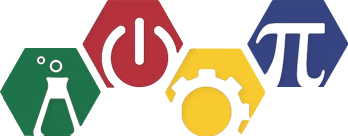Date
Achieving the ambition of global science education reforms remains an ongoing challenge. Ideas from other STEM domains, however, could spur needed innovation in science education. The maker movement – or engaging in making – and computer science education – or learning computing – have proven rich contexts for STEM learning. This review analyses making and computing education research with primary-aged learners for insights on designing more meaningful science learning, an underlying goal of reforms. Our analysis found: (1) making offers learners opportunities to experience agency and to develop identities around making and STEM; (2) integrating making in primary classrooms faces challenges in terms of navigating school structures like standards; (3) computing education foregrounding computational thinking supports interdisciplinary learning and effectively scaffolding participation spurs interest in computer science; and (4) sustaining coherent computing education remains challenging as does providing computing learning opportunities relevant to all students. Our review also analyses patterns between making and computing education for implications for project-based learning and suggests four curriculum design principles: agency, identity, equity, and learning goals. This review concludes with recent design work to illustrate how project-based learning can reflect making and computing education for more meaningful science learning opportunities at the primary level.

